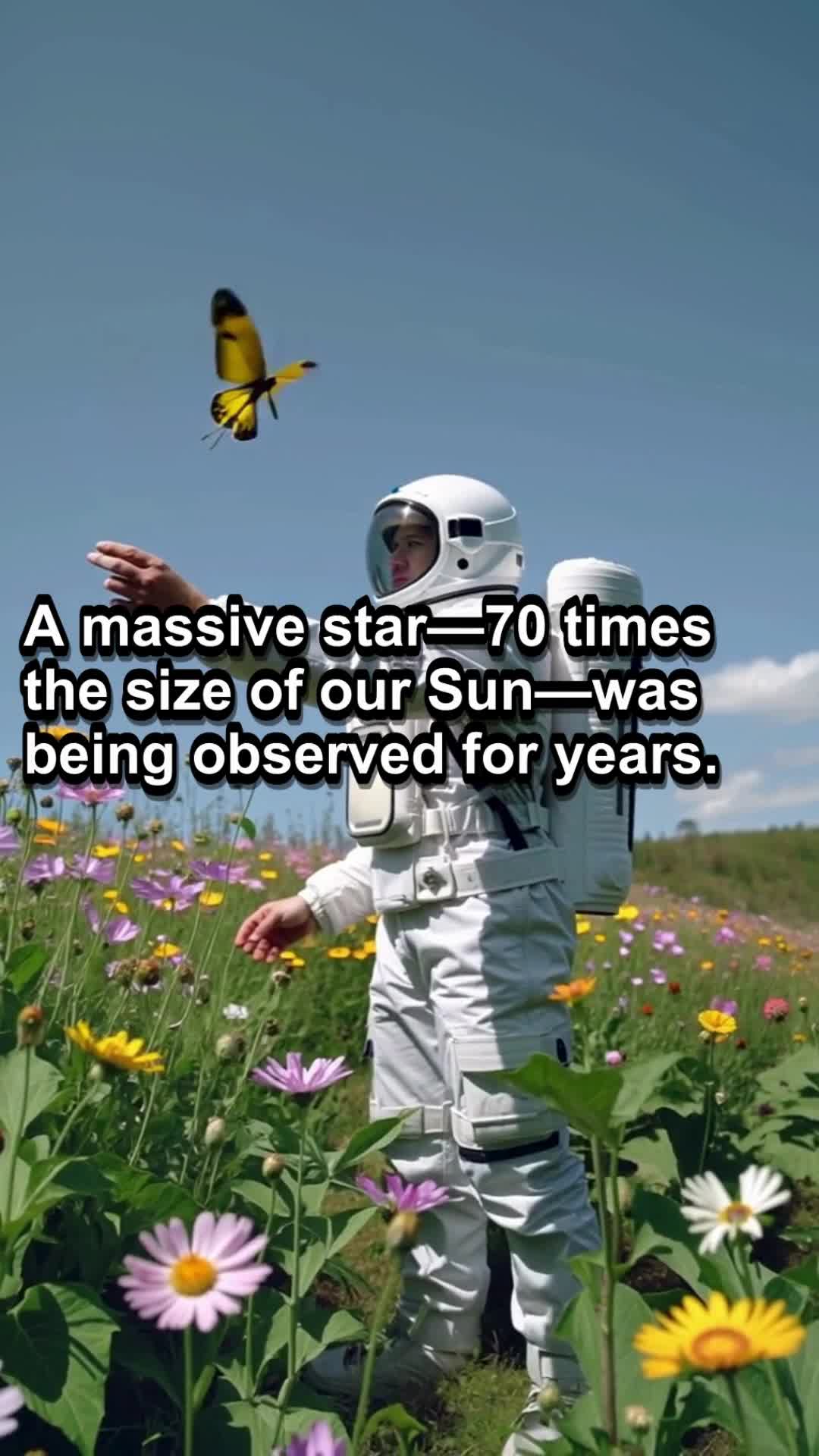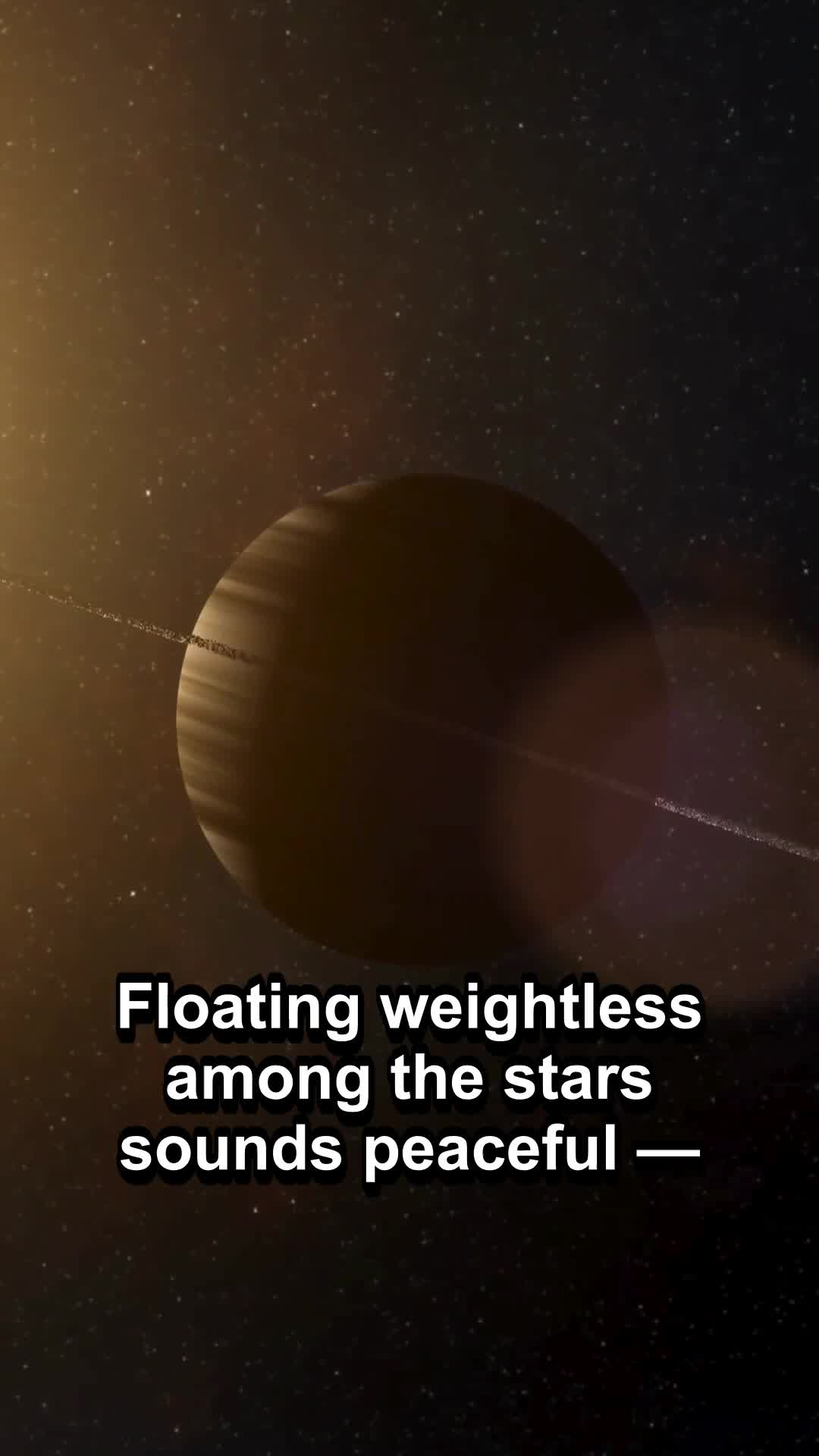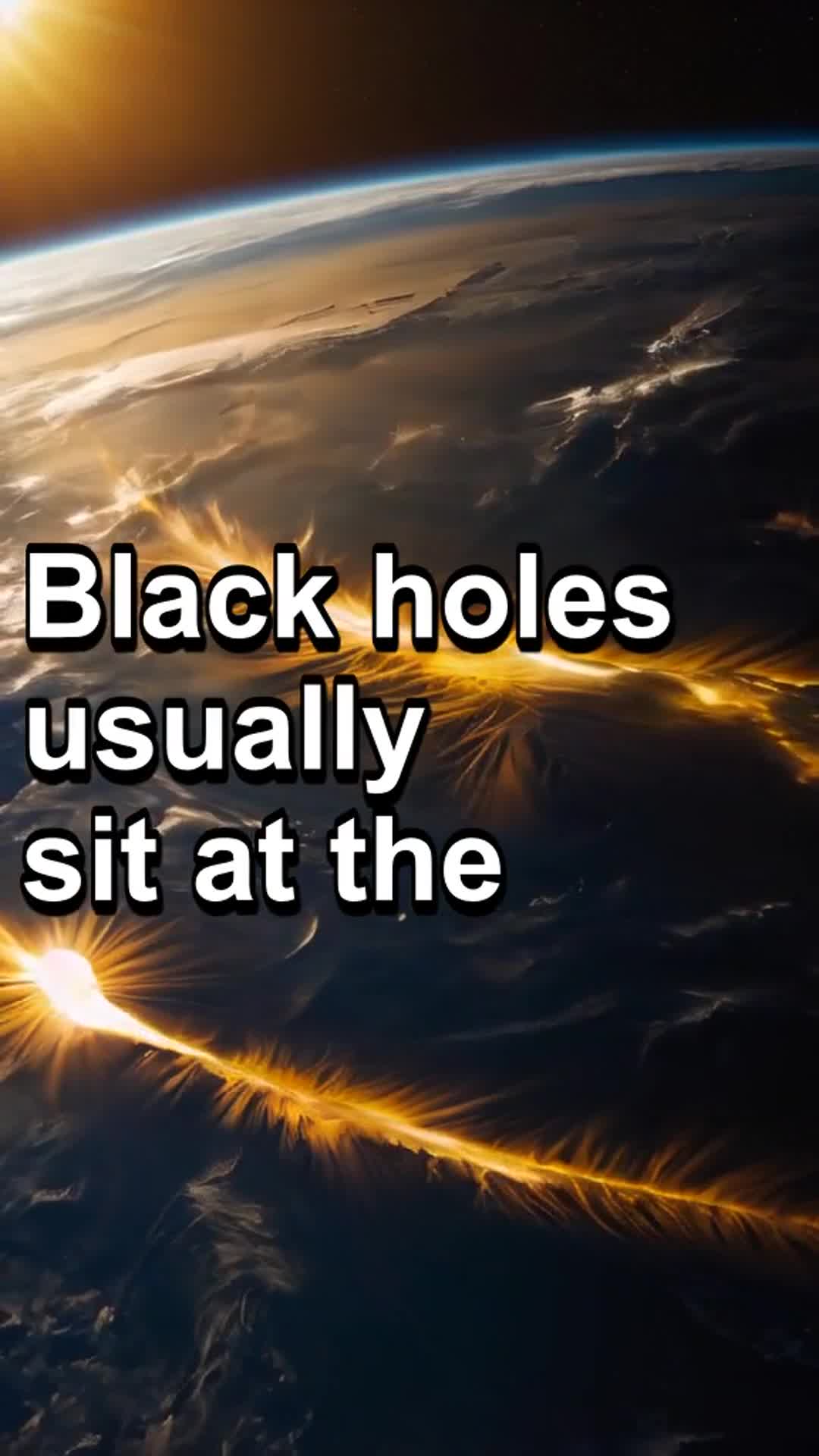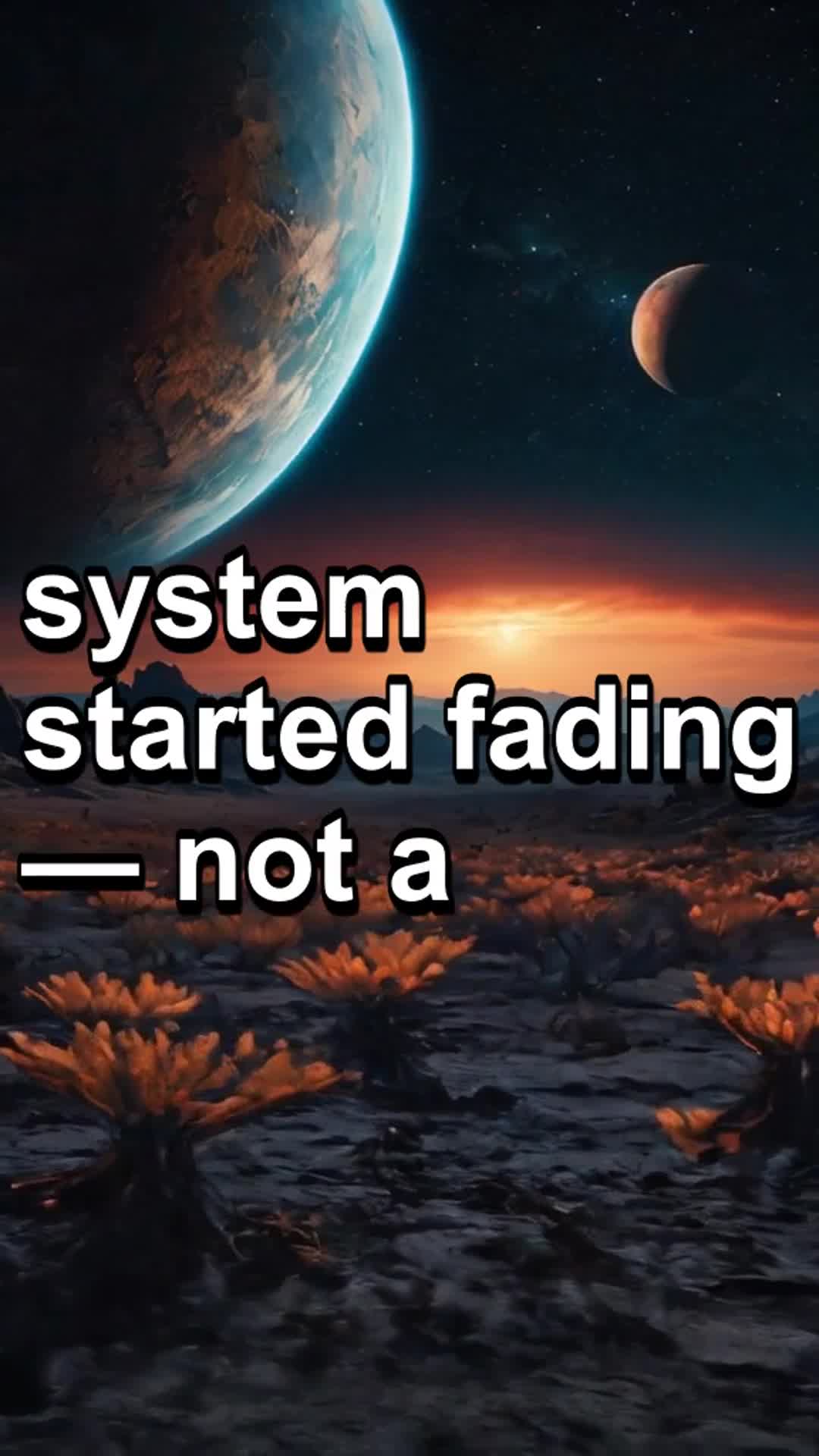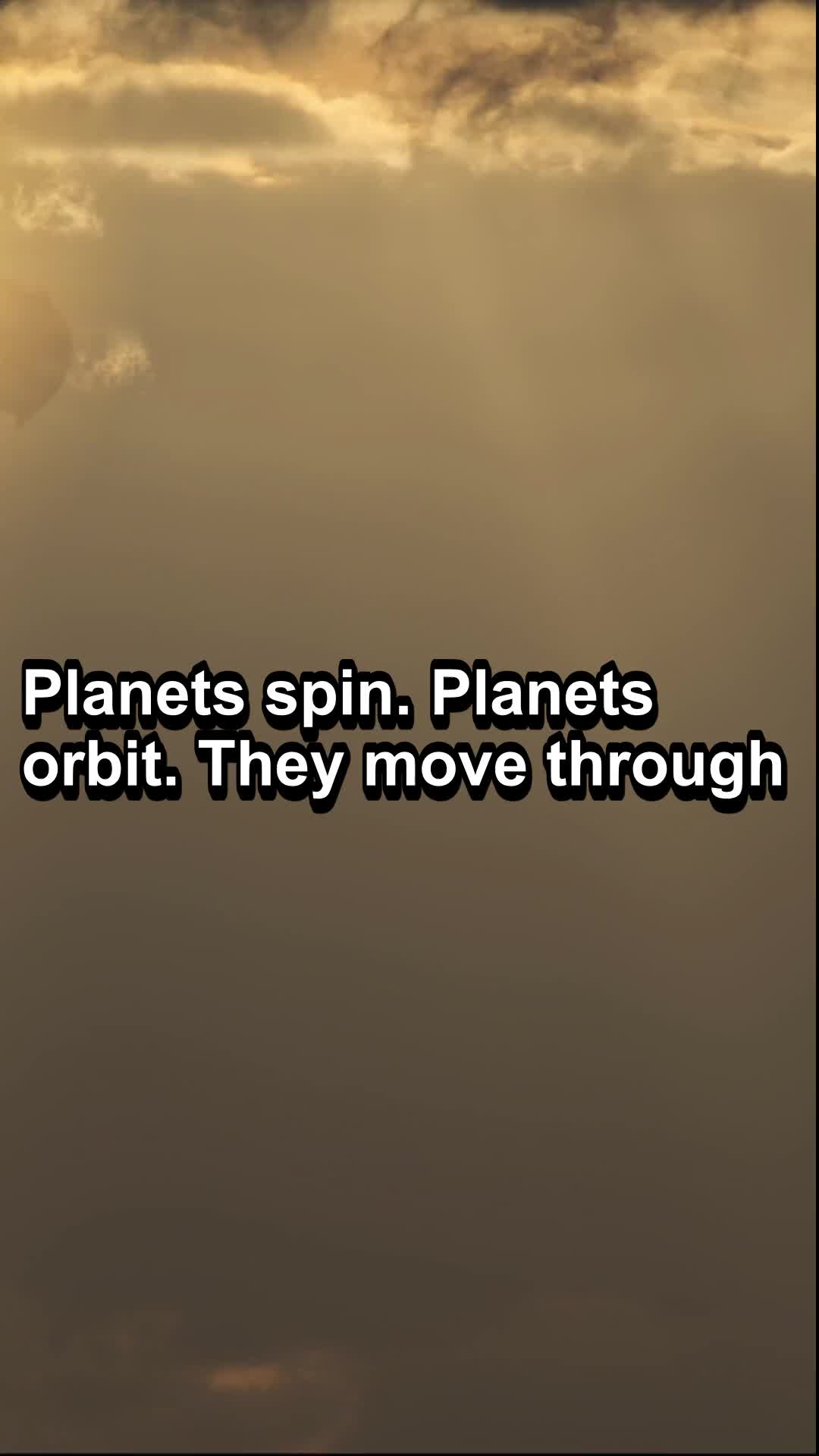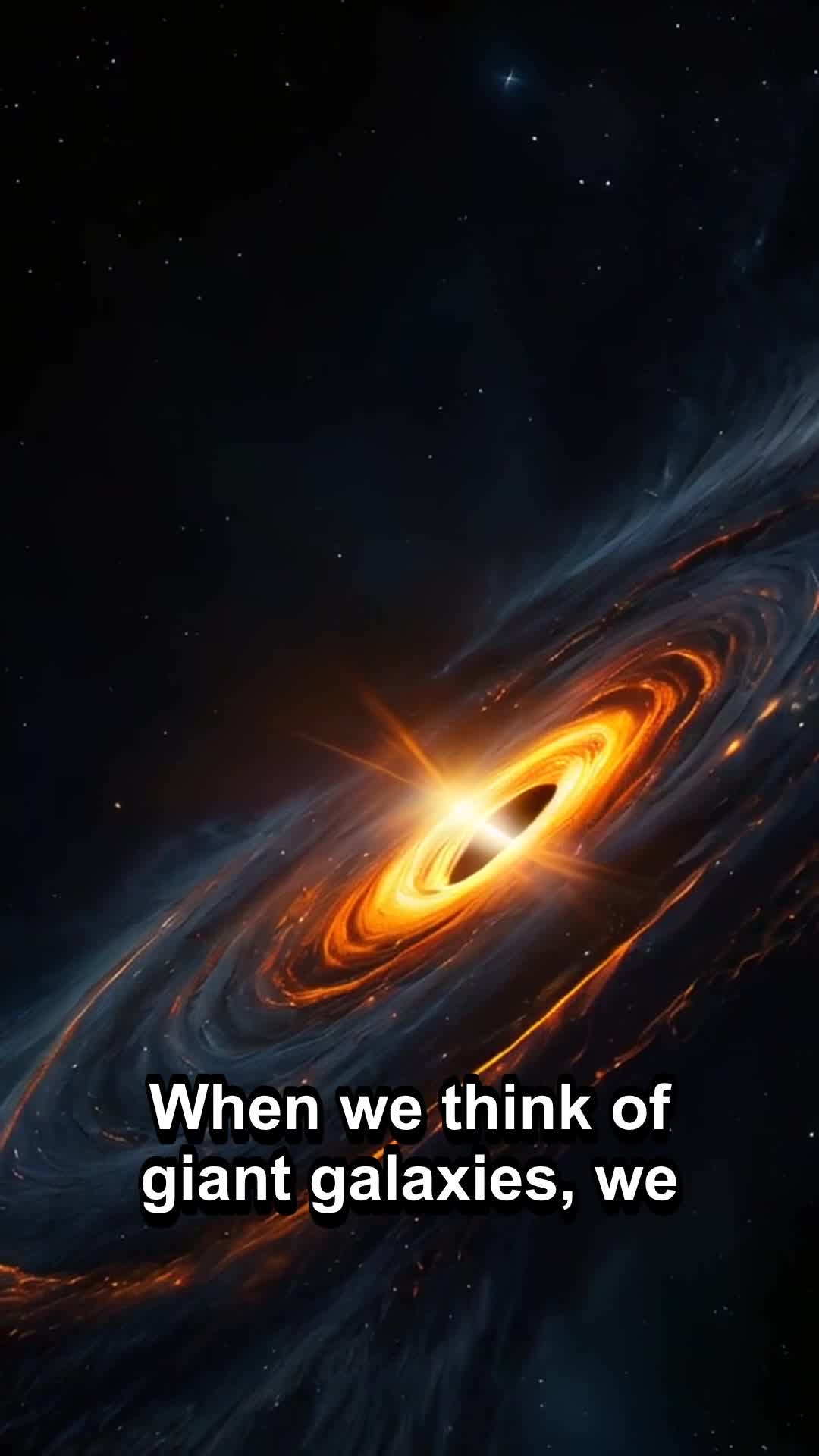Exploring Heat Radiative Decay in Space: Insights and Implications
This educational video delves into the complex phenomenon of heat radiative decay in space, a critical aspect of astrophysics and space engineering. The video begins with an introduction to the basic principles of heat radiation and how these principles differ in the vacuum of space compared to terrestrial environments. It explains the concept of radiative heat transfer and its significance in the context of space vehicles and extraterrestrial environments. Throughout the presentation, the narrator uses detailed animations and diagrams to illustrate how heat radiation behaves in the absence of an atmospheric medium. One key focus is on the decay process of heat energy from various materials used in spacecraft construction, which can significantly influence the design and functionality of space missions. Further, the video explores the role of radioactive decay as a source of heat in space. This section clarifies how natural radioactive decay processes provide vital heat energy that can be harnessed for powering spacecraft systems during long-duration missions. The narrator explains the engineering challenges and solutions associated with integrating radioactive materials into spacecraft designs, highlighting recent advancements in technology and materials science. In addition to the technical explanations, the video also discusses the implications of heat radiative decay for future space exploration. It considers how understanding and managing these processes is crucial for the development of sustainable life support systems and habitats on other planets. The presentation concludes with a look at ongoing research and potential future breakthroughs in the field. By the end of the video, viewers will have a comprehensive understanding of heat radiative decay in space, its challenges, and its importance in advancing our capabilities for space exploration and habitation. This video is an invaluable resource for students, researchers, and anyone interested in the engineering and scientific principles that enable us to venture beyond our planet.
